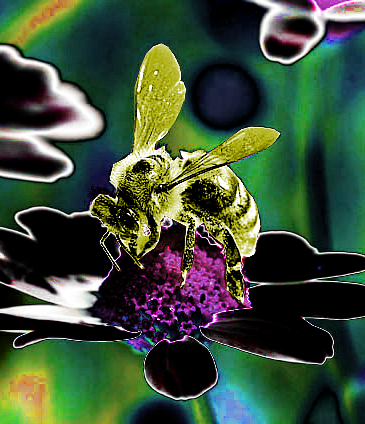Big response to bee bug
 A new biosecurity zone has been set up after the deadly varroa mite was discovered at NSW properties.
A new biosecurity zone has been set up after the deadly varroa mite was discovered at NSW properties.
Varroa mites (Varroa destructor and V. jacobsoni) are tiny red-brown external parasites of honey bees.
Varroa mites can feed and live on adult honey bees, but they mainly feed and reproduce on larvae and pupae in the developing brood, causing malformation and weakening of honey bees as well as transmitting numerous viruses.
The destruction of hundreds of beehives in Newcastle and parts of New South Wales is now underway, with authorities scrambling to control the spread of the deadly parasite.
The detection of the mites in the Port of Newcastle last week triggered a 10-kilometre eradication zone to be created, as well as a halt on all movement of bees across the state.
However, the parasite has now been detected in beehives on three NSW properties, triggering the formation of a new exclusion zone around an infested premises at Bulahdelah on the Mid North Coast, which was outside the previous zones.
“A new 10km eradication zone, 25km for surveillance and an extended 50km biosecurity zone have been implemented, to rapidly shut down that new incursion and stop further spread,” state Agriculture Minister Dugald Saunders said.
“Critically, this case is directly linked to a previously identified property, which shows the prompt and efficient response by the Department of Primary Industries is working well.”
Around 300 hives in the zone will be destroyed over the next few days.
“So far, just around the Newcastle area, there's been six sentinel hives and three private hives that have been destroyed and that will continue over the next day or so,” Mr Saunders said.
Dozens of agricultural industries are reliant on bee pollination, putting them at risk if varroa mites damage bee populations.
However, unlike the European honey bee, native bees are not hosts of varroa mite. This is providing some relief for fruit and vegetable growers who have maintained native Australian bee populations on their farms.
Farmers are now turning to native bees and other insects for pollination.
The biosecurity emergency is estimated to cost the honey bee industry $70 million, with untold effects on the crops that rely on them for pollination.








 Print
Print